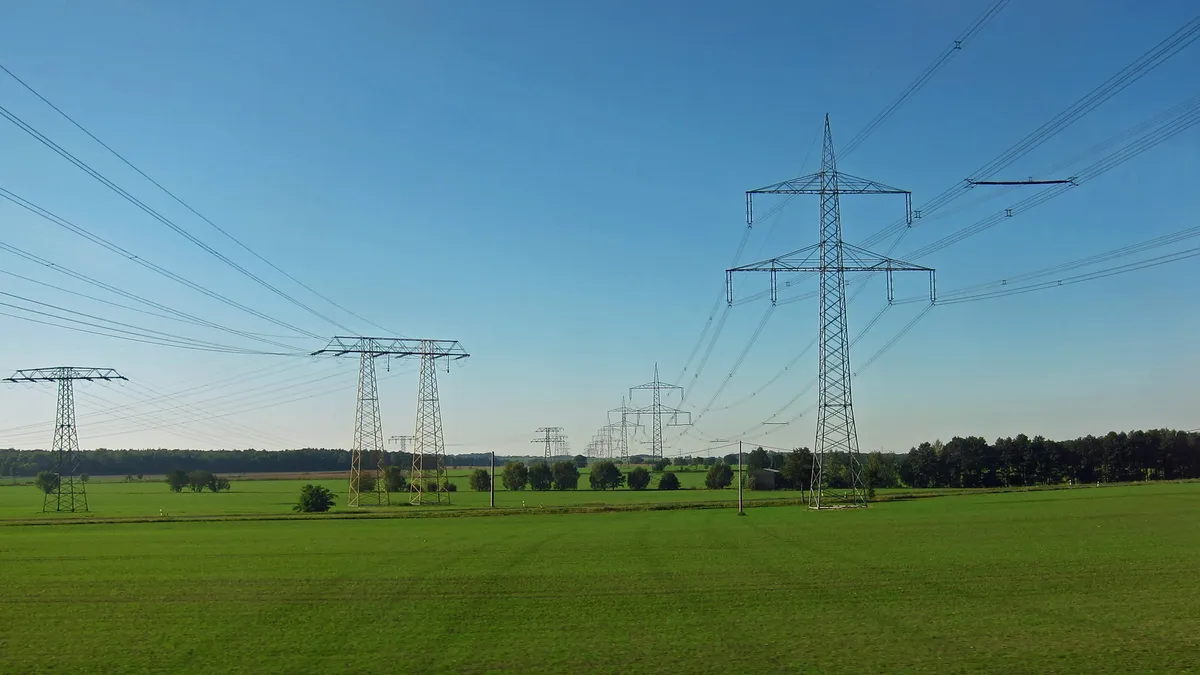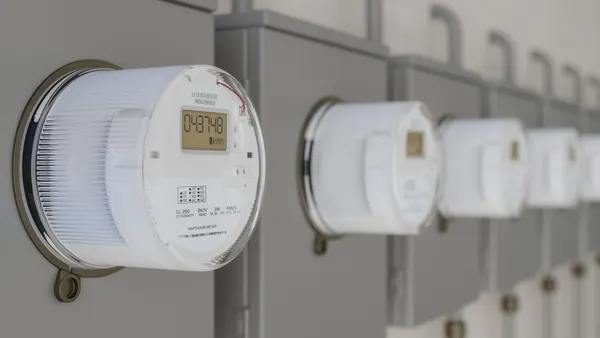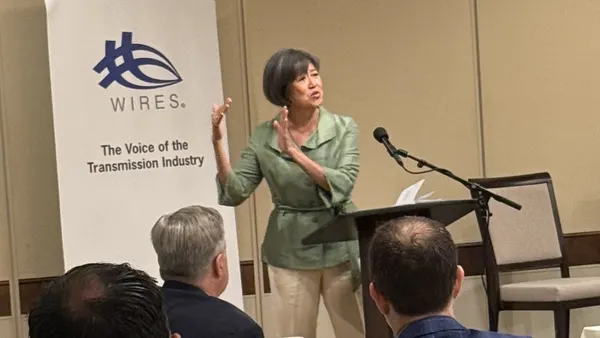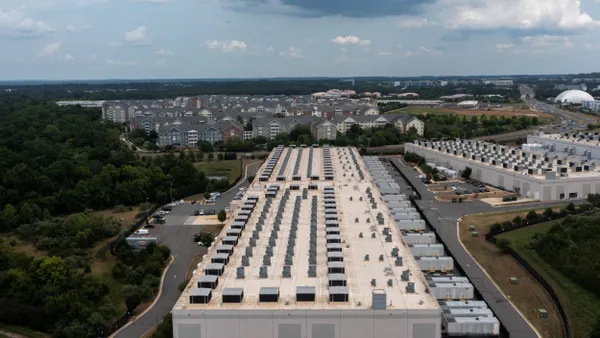Dive Brief:
-
The Midcontinent Independent System Operator should be ordered to ignore state laws that give incumbent utilities the right of first refusal, or ROFR, to build transmission projects and instead put the projects out to bid, according to a complaint filed Friday with federal regulators.
-
The Federal Energy Regulatory Commission should bar MISO from assigning to incumbent utilities about $5.5 billion in transmission projects the grid operator’s board is poised to approve as part of a long-range transmission plan, groups representing large energy users said in the complaint. Those projects will be in states that give their incumbent utilities the first choice in building the projects, avoiding competitive solicitations.
-
The groups estimate the lack of a bidding process in states with ROFRs will increase transmission costs from the pending projects by about $1 billion, or 18%.
Dive Insight:
The complaint filed by Industrial Energy Consumers of America and five other groups comes as MISO’s board is set to vote today on the $10.4 billion initial tranche of a long-range transmission plan.
Eight MISO states have ROFR laws, which block transmission developers from bidding against utilities for projects. Those states are Iowa, Indiana, Michigan, Minnesota, Montana, North Dakota, South Dakota and Texas, according to the complaint. So far, courts have upheld those laws.
“This complaint presents the commission with a stark choice: retain its exclusive jurisdiction over the determination of just and reasonable transmission rates for regionally allocated projects, or acquiesce to state efforts to thwart competition and thereby dictate the entities entitled to charge FERC-jurisdictional rates for regional transmission projects,” the groups said.
The state ROFR laws interfere with FERC’s exclusive authority to set interstate transmission rates, according to the complaint. The agency cannot effectively determine just and reasonable rates for interstate transmission without competition between transmission developers, the groups said.
“Without competition, the incumbent utility has few incentives to engage in any cost containment strategies or commitments of the type present when competition is required,” they said.
Transmission costs are a growing share of electricity bills in MISO, according to the complaint. Since 2008, for example, transmission company ITC Midwest’s rate base has grown from about $368 million to $3.3 billion, the groups said.
Groups in the complaint in addition to IECA include the Coalition of MISO Transmission Customers, the Wisconsin Industrial Energy Group, the Resale Power Group of Iowa, the Association of Businesses Advocating Tariff Equity and the Michigan Chemistry Council.














